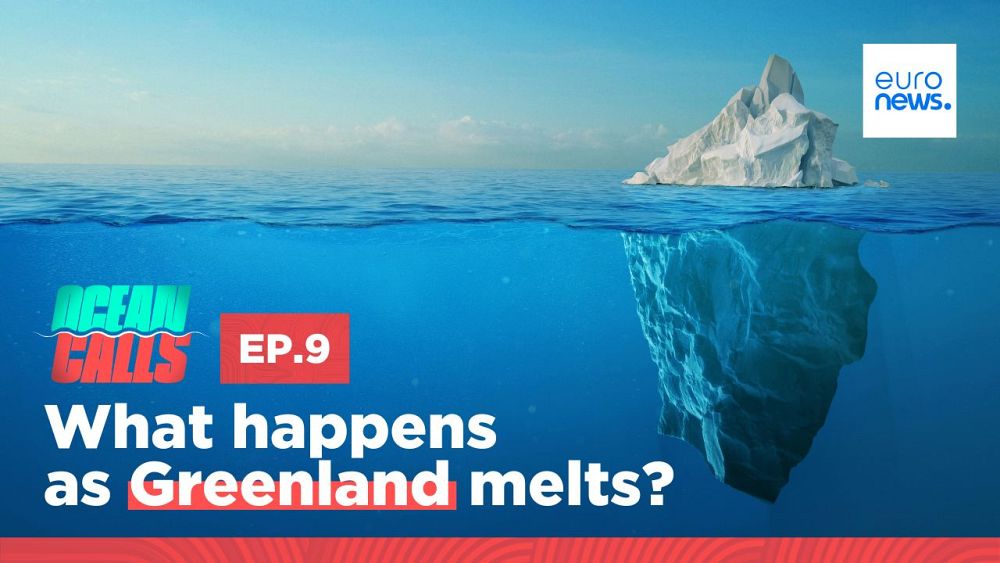
“If I said there is now tuna in Greenland most people would say you’re lying”, says Prof Mads Peter Heide-Jørgensen in the new episode of Ocean Calls as he explains “unprecedented” changes in marine life caused by the warming of the Arctic.
The Marine Biologist at the Greenland Institute of Natural Resources explains that the sea temperature is increasing all over the North Atlantic, bringing in new fish species, some of them of extreme commercial interest.
About a decade ago, Greenland, which already boasted rich marine life, saw an influx of mackerel to the area, providing an economic boost to local fisheries.
“The mackerel then moved to other parts of the North Atlantic. But after the mackerel also came bluefin tuna. We had the first catches here in 2012”, Heide-Jørgensen says.
“That sounds completely ridiculous, I agree. But you can see that that’s an illustration of the magnitude of the changes we are experiencing in this area,» he tells podcast host Jeremy Wilks.
A new hope
Sofia Ribeiro, a glaciologist from the Geological Survey of Denmark and Greenland the Arctic, says the melt of some ‘marine terminating’ glaciers is actually stimulating some simpler forms of life in the region. However, it won’t last.
“If we look ahead and we imagine that these glaciers will retreat onto land, then these effects will be turned off”, she says, explaining that the freshwater coming from the land-terminating glaciers is much lower in nutrients.
Ribeiro argues that the Arctic is warming at a rate at least three to four times faster than the global average, which means that the ice is melting.
“We’re now looking into potentially having a summer free from sea ice in the Arctic Ocean within a couple of decades from today”, Ribeiro warns in this episode of Ocean Calls, adding that if the global warming stays under the two-degree limit set in the Paris climate agreement, the ice could return to Greenland.
“If we stay below two degrees and then slowly start decreasing the CO2 concentrations in the atmosphere, then sea ice could actually recover rather quickly”, she says.
Listen to the whole episode of Ocean Calls on your favourite podcast app.






In the first episode of the second season of Ocean Calls, Euronews science reporter Jeremy Wilks asks glaciologist Sofia Ribeiro from the Geological Survey of Denmark and Greenland and marine biologist Mads Peter Heide-Jørgensen, Professor at the Greenland Institute of Natural Resources about the changes underway as Greenland melts.
Endurance swimmer and UN Patron of the Oceans Lewis Pugh recounts a very special ocean experience at the North Pole.
The Ocean Calls podcast is made possible by the European Commission’s Directorate-General for Maritime Affairs and Fisheries.
